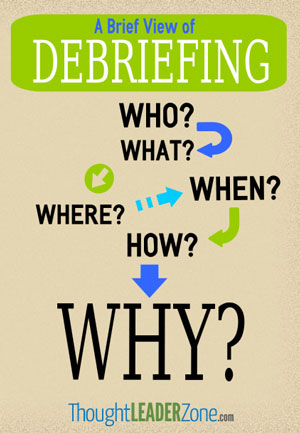 So how is a town hall meeting like a theater production or a church service? That’s not a clever riddle, but an actual comparison that came to mind during a sermon by a Zürich preacher who pointed out how a church service and a theater production were alike.
So how is a town hall meeting like a theater production or a church service? That’s not a clever riddle, but an actual comparison that came to mind during a sermon by a Zürich preacher who pointed out how a church service and a theater production were alike.
Similarly, in the business world, a town hall meeting or an all-hands meeting or some other staged event for employees is also like a theater production.
It’s easy to draw parallels with the two types of venues; there are stages with microphones, some kind of backdrop and perhaps some props.
Employee events, on the other hand, should engage the audience and encourage them to participate, prompted by the company’s leaders on stage. Instead of just presiding over the meeting and presenting to the audience, the leaders can ask questions and facilitate a dialogue of sorts, with the role of the person on stage as a prompter for that discussion.
Do you need guidance on how to orchestrate an employee event where the audience is less passive and more participatory? Ask, assess, then act. We’re here to help!
Illustration credit: Frits Ahlefeldt-Laurvig via Flickr

